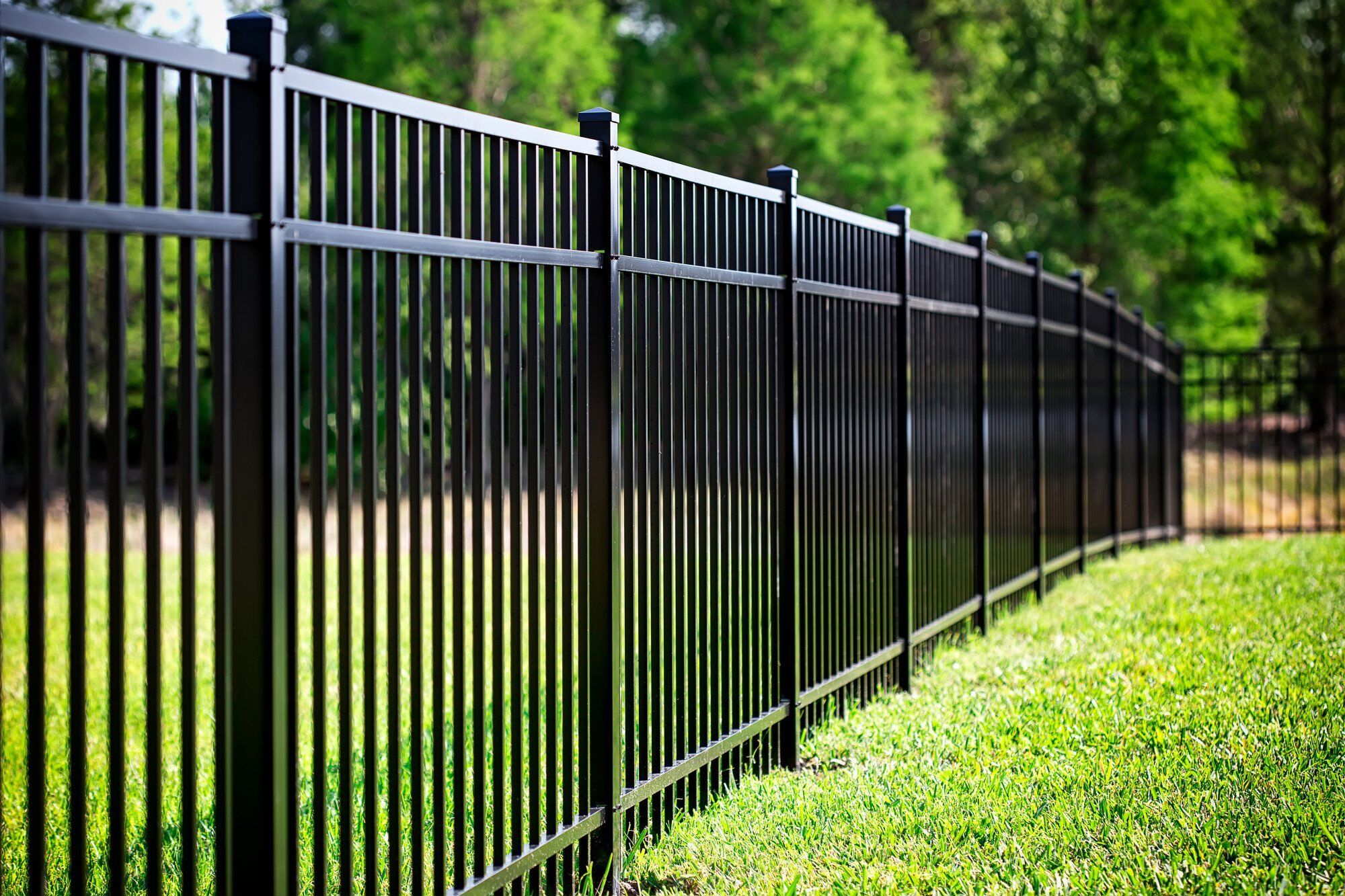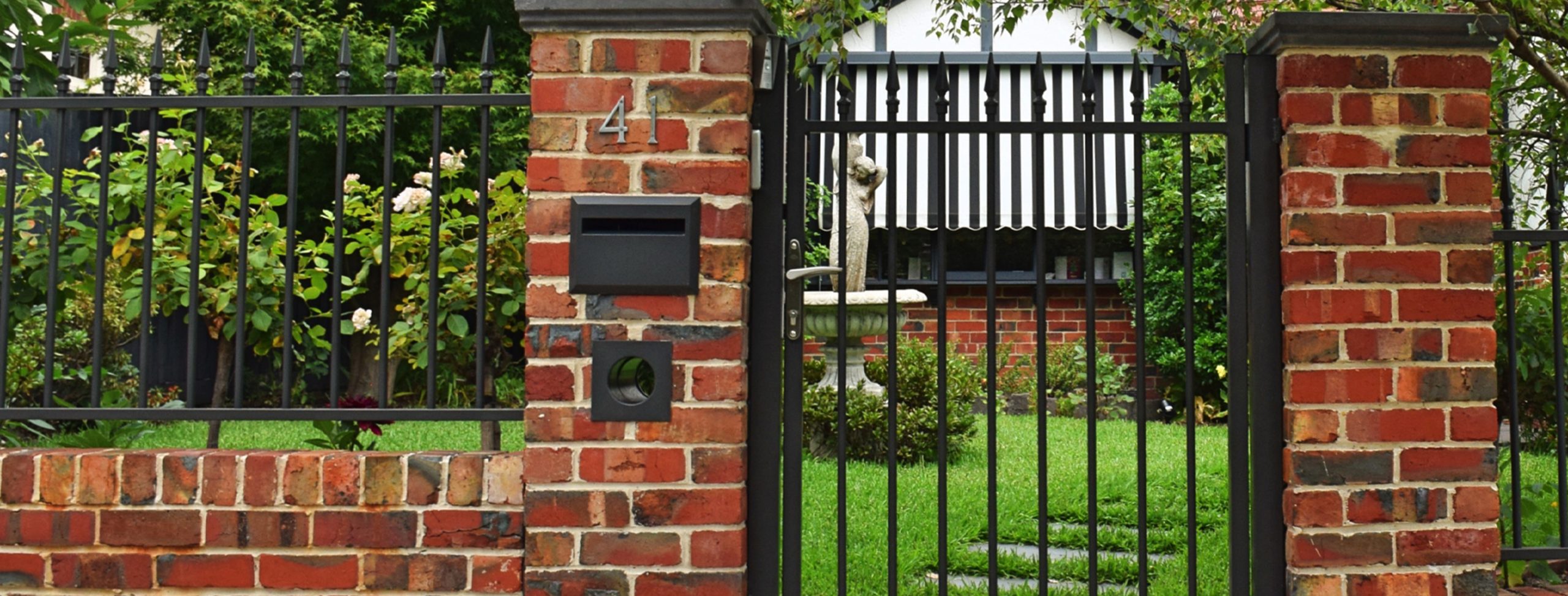All Categories
Featured
What Sorts Of Fencing Materials Are Available for Residential and Commercial Projects?
Fence is a functional and sensible enhancement to any building, providing protection, privacy, and visual allure. Selecting the best material depends on the specific demands of your commercial or property task. Let's explore one of the most preferred fence materials and what makes each ideal for different applications.- Wood Fencing. A seasonal favorite, timber fencing provides a all-natural and ageless look that suits different building types.
Advantages:
Flexibility: Available in designs like split-rail, picket, and personal privacy fences. Adjustable: Can be tarnished or repainted to match your style. Economical: An affordable option for lots of home owners. Limitations: Regular upkeep is required to shield versus rot, bending, and parasites.
- Vinyl Fencing. Vinyl has actually become a go-to alternative for those that want low-maintenance, long lasting fencing.
Advantages:

Weather Condition Resistant: Takes care of extreme temperature levels and moisture without deteriorating. Low Maintenance: No requirement for paint or discoloration; periodic cleansing suffices. Variety: Comes in numerous shades and structures, including wood-like finishes. Drawbacks: The upfront cost is higher, but long-term cost savings on maintenance can offset this.
- Chain-Link Fence. Practical and economical, chain-link fence is ideal for securing large locations like commercial sites or play areas.
Benefits:
Price: Among the least costly fence options. Toughness: Resistant to weather and physical damage. Personalized: Can consist of personal privacy slats or coatings for a refined look. Considerations: Offers limited personal privacy unless supplemented with added features.
- Aluminum Secure fencing. Understood for its sleek and modern-day look, aluminum is a preferred option for property and industrial residential or commercial properties.
Secret Features:
Rust-Free: A perfect service for humid environments. Lightweight: Easier to set up compared to steel or iron. Ornamental: Often used to replicate the appearance of wrought iron. Limitations: Not as solid as steel, making it much less ideal for high-security requirements.
- Wrought Iron Secure Fencing. Wrought iron integrates elegance with stamina, making it a costs option for upscale residential properties.

Benefits:
Personalized Designs: Adds a sophisticated, one-of-a-kind touch to any building. Outstanding Resilience: Stands the examination of time with correct upkeep. Safety: Difficult to breach or damage. Obstacles: High expense and the requirement for regular upkeep to avoid rust.
- Composite Fencing. Composite secure fencing, made from a mix of wood fibers and plastic, is an environmentally friendly alternative with the appearance of natural wood.
Benefits:
Eco-Friendly: Commonly made from recycled products. Toughness: Immune to weather, rot, and pest damage. Low Upkeep: Requires little upkeep contrasted to standard timber. Disadvantages: Greater first prices compared to typical wood fencing.
- Steel Secure fencing. Steel fencing is a robust service for residential properties needing maximum safety and security.
Features:

Long lasting: Withstands substantial physical and environmental stress. Personalized Coatings: Powder covering enhances its resistance to corrosion. Security-Focused: Perfect for industrial or risky areas. Considerations: Much heavier and much more costly than light weight aluminum.
- Bamboo Fence. For eco-conscious tasks, bamboo uses a sustainable yet stylish choice.
Benefits:
Environmentally Pleasant: Bamboo regrows swiftly, making it sustainable. Distinct Aesthetic: Adds an all-natural, exotic touch to your building. Economical: Typically more economical than hardwood options. Obstacles: Much less resilient in damp climates and might call for therapies for longevity.
- Stonework and Rock Fence. For a genuinely permanent service, rock or block fencing supplies unmatched longevity and aesthetic allure.
Trick Includes:
Sturdiness: Lasts for decades with marginal upkeep. Noise Decrease: Ideal for buildings near hectic roadways. Stylish Appearance: Produces a magnificent and glamorous appearance. Downsides: High installment prices and minimal versatility for adjustments.
Selecting the Right Secure Fencing Material. When selecting fencing for your property, consider the list below variables:
Objective: Figure out whether you prioritize privacy, protection, or aesthetic appeals. Budget: Some materials, like timber and chain-link, are more economical, while others, like stone or wrought iron, need a bigger financial investment. Maintenance Demands: Products like plastic and light weight aluminum are low-maintenance, while timber and iron call for even more treatment. Neighborhood Climate: Choose a material that withstands your region's weather conditions. Conclusion. From the rustic allure of wood to the modern-day class of aluminum, there's a fencing product for every industrial or property job. Each choice provides unique advantages, so recognizing your building's specific needs will help guide your decision. Get in touch with a professional fencing specialist to check out layouts, materials, and installation choices to bring your vision to life.
Latest Posts
Find Out Reduce Expenses on Car Maintenance with Montclare Auto Repair’s Special Deals
Published May 26, 25
1 min read
Discover Cut Costs on Car Maintenance with Montclare Auto Repair’s Limited-Time Deals
Published May 25, 25
1 min read
Discover Special Auto Repair Specials in Chicago at Montclare Auto Repair
Published May 22, 25
1 min read
More
Latest Posts
Find Out Reduce Expenses on Car Maintenance with Montclare Auto Repair’s Special Deals
Published May 26, 25
1 min read
Discover Cut Costs on Car Maintenance with Montclare Auto Repair’s Limited-Time Deals
Published May 25, 25
1 min read
Discover Special Auto Repair Specials in Chicago at Montclare Auto Repair
Published May 22, 25
1 min read